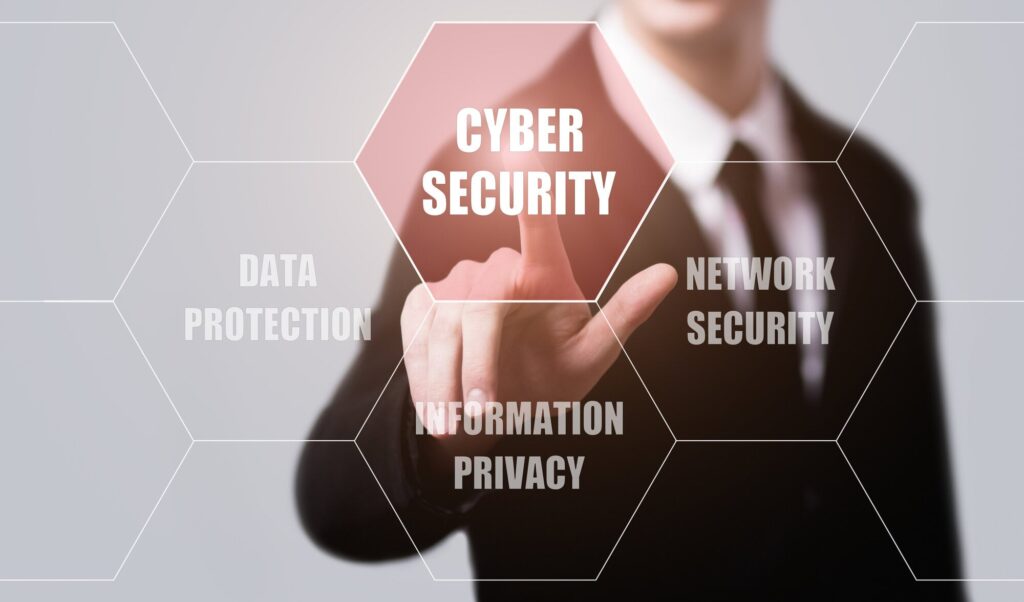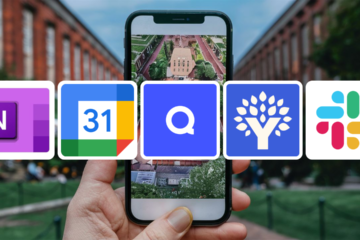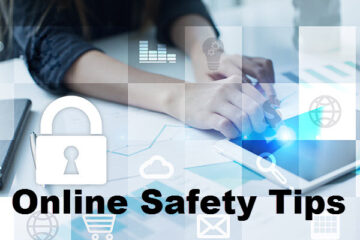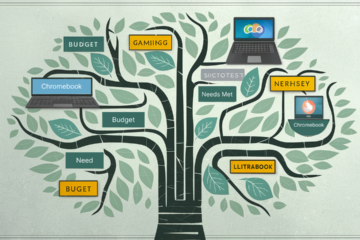In today’s digital age, keeping your personal data safe is more important than ever. From banking to shopping and socializing, much of our lives take place online. Unfortunately, this also makes us vulnerable to cyber threats such as hacking, identity theft, and phishing scams. Fortunately, there are several simple yet effective strategies to help strengthen your online security and protect your sensitive information. Here are key cybersecurity tips for everyday users to keep their data safe and secure.
1. Use Strong, Unique Passwords
One of the simplest but most powerful ways to protect your online accounts is by using strong, unique passwords for each of your accounts. A strong password should include a mix of uppercase and lowercase letters, numbers, and special characters. Avoid using easily guessable information like your name, birthday, or common words.
Instead of trying to remember complex passwords, consider using a password manager. A password manager securely stores and generates strong passwords for all your accounts, making it easier to use unique passwords without the hassle of remembering each one. This helps prevent the risk of using the same password across multiple sites, which could expose you to a data breach if one of your accounts is compromised.
2. Enable Two-Factor Authentication (2FA)
Two-factor authentication (2FA) is one of the most effective ways to add an extra layer of security to your accounts. With 2FA enabled, even if a hacker manages to obtain your password, they would still need a second form of verification—such as a code sent to your phone or email—before they can access your account.
Many popular services, including Google, Facebook, and banking apps, offer 2FA as an option. To set it up, visit the security settings of your accounts and enable 2FA. For even more security, consider using an authenticator app (like Google Authenticator or Authy), which generates time-sensitive codes for 2FA without relying on text messages, which can sometimes be intercepted.
3. Recognize and Avoid Phishing Scams
Phishing scams are one of the most common ways hackers attempt to steal personal information. These scams often come in the form of deceptive emails, text messages, or even social media posts that appear to be from legitimate sources, such as your bank, a retailer, or a colleague.
Phishing messages usually contain urgent or threatening language designed to prompt quick action, such as clicking a link or providing sensitive information. To avoid falling for phishing scams, be cautious about unsolicited messages, especially those asking for personal details or prompting you to click on links or download attachments. Always verify the authenticity of the request by contacting the company or individual directly using known contact information, rather than responding to the message itself.
Also, pay attention to the URL in any links you receive. Phishing emails often contain fake links that look similar to the legitimate website’s address but may have subtle differences, such as misspelled words or extra characters.
4. Keep Your Software and Devices Updated
Cybercriminals often target vulnerabilities in outdated software and devices. Regularly updating your operating system, apps, and security software ensures that you’re protected from the latest threats. Many updates include important security patches that fix vulnerabilities hackers can exploit.
Make it a habit to enable automatic updates whenever possible, so you don’t miss crucial patches. Additionally, ensure that your antivirus software is up to date and running regular scans on your devices to detect and remove potential threats.
5. Be Cautious with Public Wi-Fi
Public Wi-Fi networks, such as those found in coffee shops, airports, or hotels, are often not secure, making them a prime target for cybercriminals. When using public Wi-Fi, avoid accessing sensitive information, such as logging into your bank account or entering credit card details.
If you need to use public Wi-Fi for work or browsing, consider using a Virtual Private Network (VPN). A VPN encrypts your internet traffic, making it much harder for hackers to intercept and steal your data, even on an unsecured network. Many VPN services offer affordable plans and are easy to set up.
6. Secure Your Social Media Accounts
Your social media profiles can contain a wealth of personal information that hackers can exploit. To protect your privacy, adjust the security settings on your social media accounts to limit who can see your posts and personal details. For example, set your profiles to private, restrict who can send you friend requests, and avoid sharing sensitive information like your location or travel plans in public posts.
Additionally, be cautious about the apps and websites you allow to connect to your social media accounts. Revoke access for any services you no longer use or trust. This can be done through the security or privacy settings of your social media platform.
7. Backup Your Data Regularly
No matter how secure your devices are, there’s always a risk of data loss, whether from a hardware failure, a cyberattack, or accidental deletion. Regularly backing up your data ensures that you don’t lose important files if something goes wrong. Use cloud storage services like Google Drive, iCloud, or Dropbox, or consider an external hard drive or SSD for local backups.
Having a backup of your important documents, photos, and other files will allow you to restore your data in case of an emergency, making recovery much less stressful.
8. Be Mindful of What You Share Online
In an age where oversharing has become common, it’s important to be mindful of the information you share online. Avoid posting sensitive details like your full address, phone number, or financial information on websites or social media. Even small pieces of personal data can be used by cybercriminals for identity theft or targeted scams.
Before clicking “share” on a post, ask yourself if the information could be used against you. Keep your online profiles and social media accounts as private as possible, and always consider the potential risks of sharing personal information online.
Conclusion
Cybersecurity doesn’t have to be complicated. By following these simple yet effective tips, you can significantly reduce your risk of falling victim to cybercrime. Strong, unique passwords, two-factor authentication, recognizing phishing attempts, and staying vigilant about software updates are all essential habits that will help protect your personal data. With a few basic precautions, you can enjoy a safer online experience and have peace of mind knowing your information is secure.




